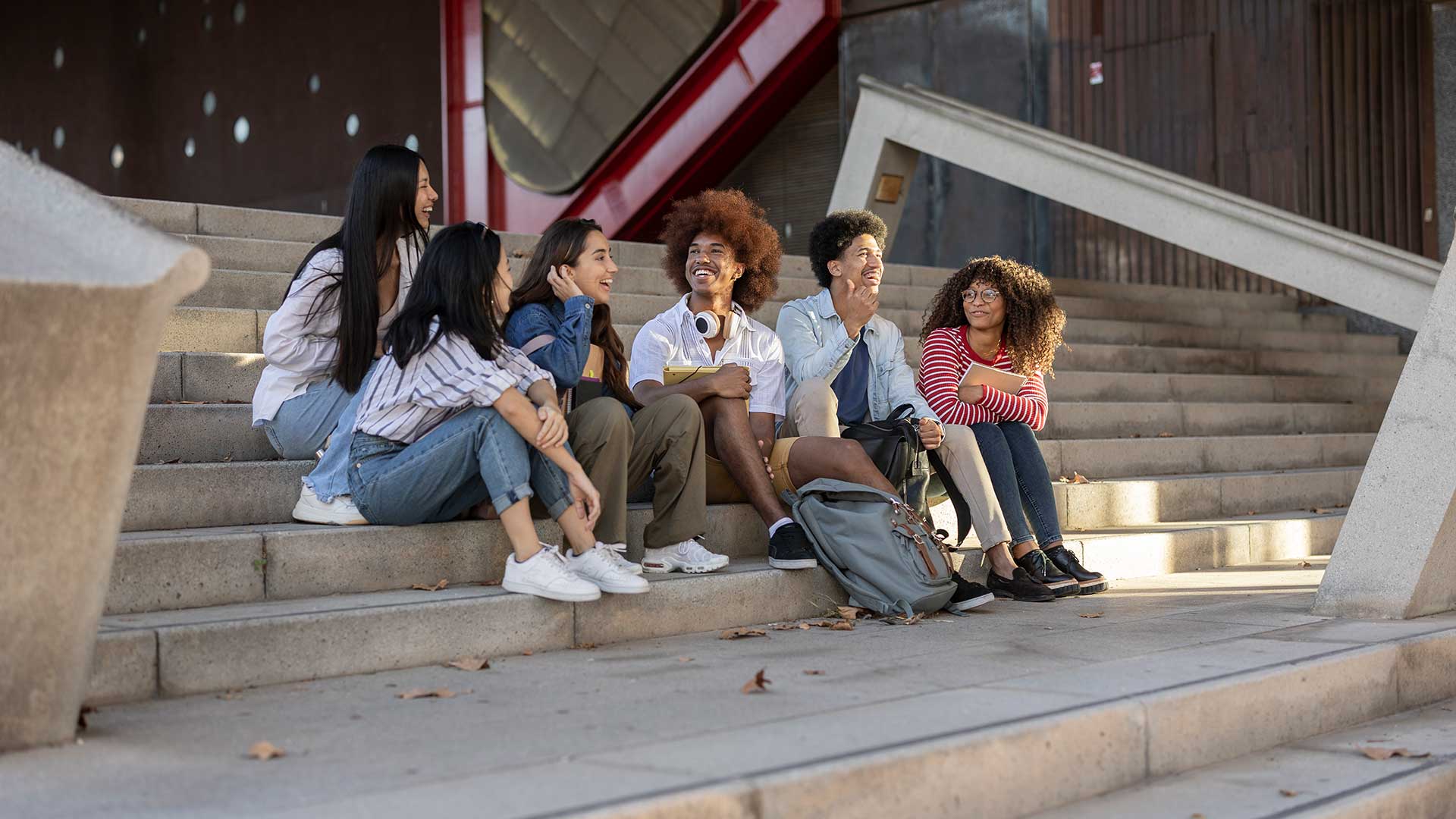Language Arts Explorations: Comprehensive Study and Practice
Join us at the School of Coding UK and embark on a journey of language arts explorations that will transform your academic and professional future!
In today’s fast-paced digital world, mastering language arts is more crucial than ever. At the School of Coding UK, we understand the importance of developing strong language skills to foster creativity, critical thinking, and effective communication. This article delves into the comprehensive study and practice of language arts, encompassing reading, writing, speaking, listening, and text analysis.
The Power of Language Arts
Language arts cover a wide range of skills that are essential for academic success and personal growth. These skills include:
- Reading: Exploring various genres of literature to develop critical thinking and comprehension skills.
- Writing: Engaging in creative and technical writing to enhance self-expression and writing proficiency.
- Speaking and Listening: Mastering public speaking and active listening as essential communication skills.
- Text Analysis: Delving into literary analysis, media literacy, and comparative text analysis to deepen understanding.
Enhancing Writing Skills
1. Creative and Technical Writing
Writing is a powerful tool for self-expression and communication. By practising both creative and technical writing, students can enhance their ability to convey ideas clearly and effectively. Journaling or blogging can also provide a platform for refining writing skills and expressing personal insights.
2. Journaling and Blogging
Journaling and blogging are excellent ways to improve writing proficiency. These activities encourage regular writing practice and allow students to explore their thoughts and ideas. Blogging, in particular, offers the opportunity to share one’s voice with a broader audience, providing real-world writing experience.
Mastering Communication Skills
1. Public Speaking
Public speaking is an essential skill that can boost confidence and improve overall communication. Participating in debates and group discussions helps students articulate their ideas and engage with diverse perspectives.
2. Active Listening
Active listening is a crucial component of effective communication. It involves paying close attention to the speaker, understanding their message, and responding thoughtfully. Developing active listening skills enhances comprehension and fosters meaningful interactions.
Delving into Literary Analysis
1. Media Literacy
Media literacy involves analysing and critically evaluating media content. It helps students understand how media shapes perceptions and influences society. By developing media literacy skills, students can become more discerning consumers of information.
2. Comparative Text Analysis
Comparative text analysis involves examining similarities and differences between texts. This practice deepens understanding and encourages critical thinking. It allows students to appreciate diverse perspectives and develop well-rounded analytical skills.
Integrating Technology in Language Arts
1. Educational Tools
The integration of technology in language arts education introduces a wealth of educational tools. Digital writing platforms like Google Docs and Grammarly facilitate collaborative writing and editing. These tools make the writing process more interactive and engaging.
2. Online Collaboration Platforms
Online collaboration platforms enable students to work together in real-time. They provide opportunities for peer feedback and collaborative learning, mirroring professional writing environments.
Innovative Approaches to Language Arts
At the School of Coding UK, we employ innovative methods to make language arts engaging and effective. Here are some key strategies:
1. Interactive Storytelling
Interactive storytelling combines traditional narratives with digital media, creating an immersive learning experience. Students can use tools like Twine or Storybird to craft their own stories, incorporating multimedia elements to enhance their narratives.
2. Digital Writing Platforms
Digital writing platforms such as Google Docs and Grammarly facilitate collaborative writing and editing. Students can work together in real-time, providing feedback and refining their work, mirroring professional writing environments.
3. Gamification of Learning
Incorporating game elements into language arts lessons makes learning fun and interactive. Platforms like Kahoot! and Quizlet turn vocabulary and grammar exercises into engaging challenges, motivating students to participate actively.
4. Podcasting and Blogging
Podcasting and blogging allow students to share their voices with a broader audience. These platforms encourage students to research topics, script their content, and practice speaking and writing skills, providing real-world communication experience.
5. Project-Based Learning
Project-based learning involves students working on real-world projects that require critical thinking and problem-solving. This method makes learning more practical and relevant, helping students apply their language arts skills in meaningful ways.
6. Flipped Classroom Model
The flipped classroom model reverses traditional teaching methods by introducing new content at home and practising it in the classroom. This approach allows for more interactive and hands-on learning experiences, making language arts education more engaging.
Conclusion
Exploring all aspects of language arts is essential for developing well-rounded communication skills. At the School of Coding UK, we encourage students to experiment with different techniques and tools to enhance their language arts proficiency. By integrating technology, adopting innovative teaching methods, and focusing on comprehensive study and practice, we aim to foster a love for language arts that will benefit students in their academic and professional lives.





